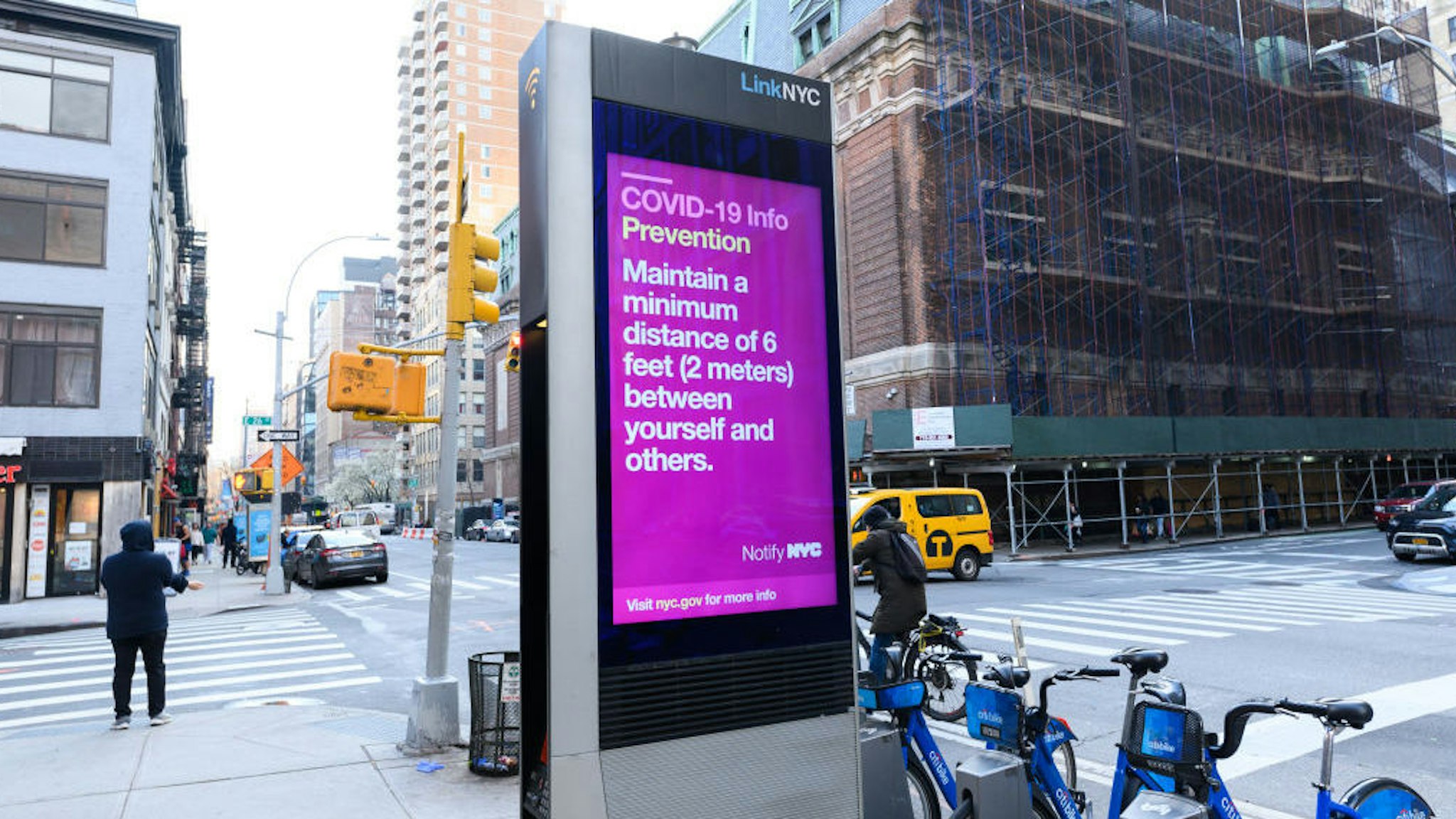the founding director of the Yale-Griffin Prevention Research Center, suggests that “our fight against coronavirus” may end up being “worse than the disease.” By taking an “at war” approach to fighting COVID-19 — widespread shutdowns and isolation of the entire population — rather than a “surgical strike” approach focusing on the truly vulnerable, Katz argues, we have set ourselves on the path to “uncontained viral contagion and monumental collateral damage to our society and economy.”
“We routinely differentiate between two kinds of military action: the inevitable carnage and collateral damage of diffuse hostilities, and the precision of a ‘surgical strike,’ methodically targeted to the sources of our particular peril. The latter, when executed well, minimizes resources and unintended consequences alike,” Katz begins.
The same dichotomy applies here, Katz argues. “This can be open war, with all the fallout that portends, or it could be something more surgical. The United States and much of the world so far have gone in for the former,” he states.
“I write now with a sense of urgency to make sure we consider the surgical approach, while there is still time,” he warns.
The “unique” nature of COVID-19 — that it results in only “mild” symptoms in 99% of cases and that it appears to only pose a high risk to the elderly — Katz contends, makes it particularly suited for a more strategic containment effort, rather than our current unsustainable, society-wide approach that threatens to upend the economy. “What we know so far about the coronavirus makes it a unique case for the potential application of a ‘herd immunity’ approach, a strategy viewed as a desirable side effect in the Netherlands, and briefly considered in the United Kingdom,” Katz explains.
Katz provides the following summary of the evidence from South Korea, China and the famous Diamond Princess Cruise Ship cases to back up his assessment of the risk the virus poses:
The data from South Korea, where tracking the coronavirus has been by far the best to date, indicate that as much as 99 percent of active cases in the general population are “mild” and do not require specific medical treatment. The small percentage of cases that do require such services are highly concentrated among those age 60 and older, and further so the older people are. Other things being equal, those over age 70 appear at three times the mortality risk as those age 60 to 69, and those over age 80 at nearly twice the mortality risk of those age 70 to 79.
These conclusions are corroborated by the data from Wuhan, China, which show a higher death rate, but an almost identical distribution. The higher death rate in China may be real, but is perhaps a result of less widespread testing. South Korea promptly, and uniquely, started testing the apparently healthy population at large, finding the mild and asymptomatic cases of Covid-19 other countries are overlooking. The experience of the Diamond Princess cruise ship, which houses a contained, older population, proves the point. The death rate among that insular and uniformly exposed population is roughly 1 percent.
The data from the U.S. is “entirely aligned with the data from other countries,” Katz writes, noting that only around 200 people have died in the U.S. thus far from complications related to the virus. The point, Katz explains, is that all of the available evidence and the limitations of our health care system points to focusing our containment efforts on the elderly and chronically ill, not society at large.
“The clustering of complications and death from Covid-19 among the elderly and chronically ill, but not children (there have been only very rare deaths in children), suggests that we could achieve the crucial goals of social distancing — saving lives and not overwhelming our medical system — by preferentially protecting the medically frail and those over age 60, and in particular those over 70 and 80, from exposure,” Katz explains.
The reason this is so dire, he underscores, is that our current approach is rapidly causing severe damage socially, economically and in terms of public health.
“I am deeply concerned that the social, economic and public health consequences of this near total meltdown of normal life — schools and businesses closed, gatherings banned — will be long lasting and calamitous, possibly graver than the direct toll of the virus itself,” Katz writes.
While the stock market might rebound, many businesses and thus many jobs, may never come back, a result that has massive societal ramifications. Meanwhile, by stretching our limited health care resources “so widely, so shallowly and so haphazardly,” we are likely setting ourselves up for failure on multiple levels.
If we do not “pivot” now, Katz warns, we are likely heading for “uncontained viral contagion and monumental collateral damage to our society and economy.” (Read the full opinion piece here.)
Related: Stanford Professor: Data Indicates We’re Severely Overreacting To Coronavirus

